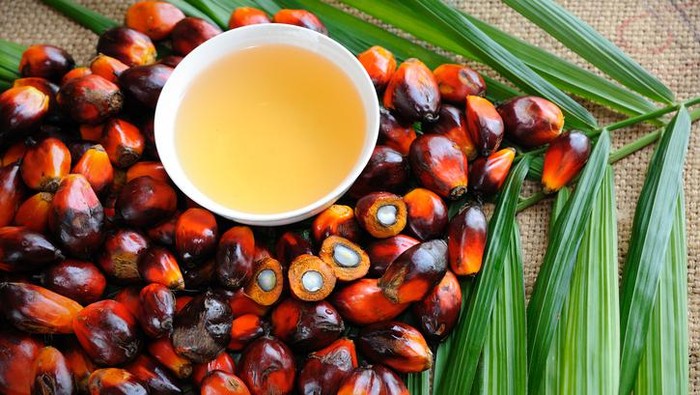Would Banning Palm Oil Increase Sustainability?

With the increasing demand for palm oil across the world, most people are venturing into the business. The planting of palm trees, however, involves palm oil deforestation. Environmental specialists argue that deforestation is adversely affecting the environment and something needs to be done to curb it.
Banning palm oil is, however, not the solution to our environmental issues. This is because many palm product substitutes are made of things that we, as consumers barely know of their production process.
Here are some reasons why banning palm oil does not increase palm oil sustainability.
Choosing sustainable palm oil helps protect rainforests in the world
Designated palm plantations only produce sustainable palm oil. Choosing to use palm oil from these plantations serves in helping save or rescue rainforests. Alternatives to sustainable palm oil will require a lot of space for yields to meet market demand. Them doing so means cutting down more trees to bringing other crops up.
Environmental argument
Palm oil has been the cheapest and most easily produced oil used by many. Banning this oil will mean the world is getting substitutes, leading to environmental pollution. More land will be needed to produce the oil, and more emissions will be released to the environment during production. The amount of carbon emitted during palm production, the fertilizers used, is much less than what is emitted during the process of producing other oils.
Socioeconomic perspective
In countries like Malaysia and Indonesia, small-scale farmers highly depend on palm oil farming to meet their daily needs. Palm oil farming is also quite profitable compared to farming things like rice, cassava, and rubber. Such families, which is a high percentage of the total population depend on palm oil for sustainability. Banning palm oil would therefore render these farmers jobless. Their living standards would gradually decrease, and this would lead to more poor people in the society.
You will, however, agree that we need better sustainability policies. There are regions that are active producers but need some policies to be able to do it correctly. Such policies include;
- Optimizing landscape designs.
- Sustainability certification plays a huge role in starting the desired environmental and social trends.
- Giving more attention, training, and financing to small scale farmers.
- Researching how to improve yield production per hectare. The more the production per hectare, the lesser the land needed.
- Strengthening legal land property rights and protecting forest areas.
In conclusion, banning palm oil will not in any way increase sustainability. Instead of banning, let’s strive to improve on its production. This will cause lesser harm to the environment, and our forests will be safeguarded.




